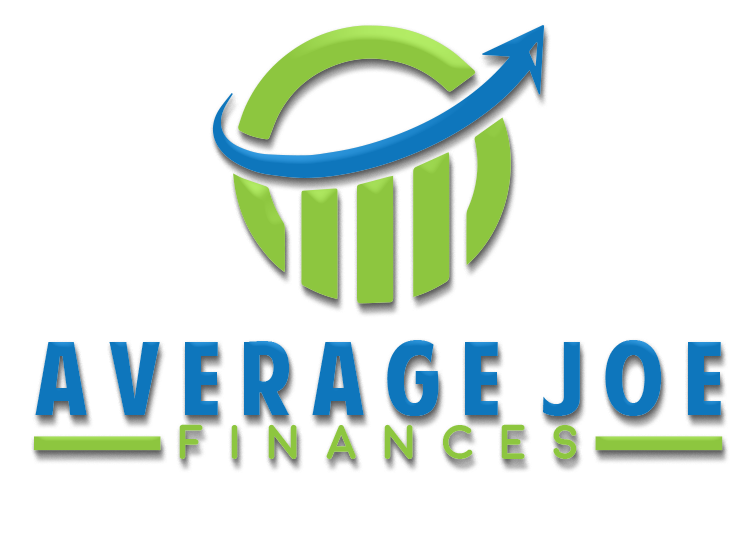The information in your credit report can affect many areas of your life. It’s important to keep track of what’s in it. If you find incorrect information, it’s your job to dispute it and have it removed from your credit report. ONLY YOU are looking out for your own credit rating, no one else… Pay attention to your report!
There are actually three credit reporting bureaus: Experian, Equifax, and Trans Union. Make sure you are monitoring all three of these credit reports. It’s essential because the information can differ from report to report.

Follow this process to ensure your credit reports are accurate: Request your credit report
There are a few methods to track your credit score and credit reports. The fastest way to get a copy of your credit report is to visit Annual Credit Report. You’re entitled to receive a copy of each of your three reports for free once per year.
If you haven’t been following what’s in your credit reports, start out by requesting all three reports at once. The information they contain can actually vary quite significantly, depending on which creditor has reported what to them. Differences from one report to another can amount to a significant credit score difference.
Once you’ve obtained and corrected past information in your reports, you can stay updated by spreading out your credit report requests to every 4 months. Request your report from one of the credit reporting agencies every 4 months. Over the course of a year, you’ll have received all three.
Promptly correct mistakes in all 3 of them if you find an error.
Information accuracy
Comb over all three credit reports carefully in search of incorrect information. Any detail that isn’t right should be changed, even if it’s just a wrong address, because these pieces of information can have an impact on how lenders view you when considering your loan application.
Contact the credit reporting agency
If you find information that needs to be changed in your credit report, the next step is to contact the agency (Experian, Equifax, or Trans Union) of that specific report. It can take some time to dispute incorrect information, so the sooner you do it, the better.
Writing a dispute letter
You can find sample dispute letters online that will give you a good starting point for writing this letter. Be professional, use facts and not emotions, and include all of the necessary proof that the information is incorrect so the credit agency can make the change.
Be sure to include copies of any documents that support your position. Do not include the originals.
The process of disputing an item
Typically, the credit agency will contact the company that reported the false information, and an investigation will follow to determine whether or not the information is inaccurate.
Add accounts to your file
If you are missing credit accounts on your credit file, then you may want to ensure that missing information is added. You can make this happen by contacting the companies that aren’t reporting your credit history and asking them to begin reporting for you.
* Note: Not every company will want to report this information for you, so it can take some time for you to have this information added to your account. However, if you’re diligent, you should be able to have the information added
Check out our Average Joe Finances merchandise here
Follow up
Be sure to follow up on your requests if you don’t hear anything from the credit reporting agency within 30 days, as this is the normal length of time for an investigation.
The power is in your hands to keep your credit report in good standing. If there is inaccurate information in your credit report, or if important information is missing, then take the steps to get the information corrected. Your next job, home, or loan may depend on it. Are you checking your credit score and credit reports?


